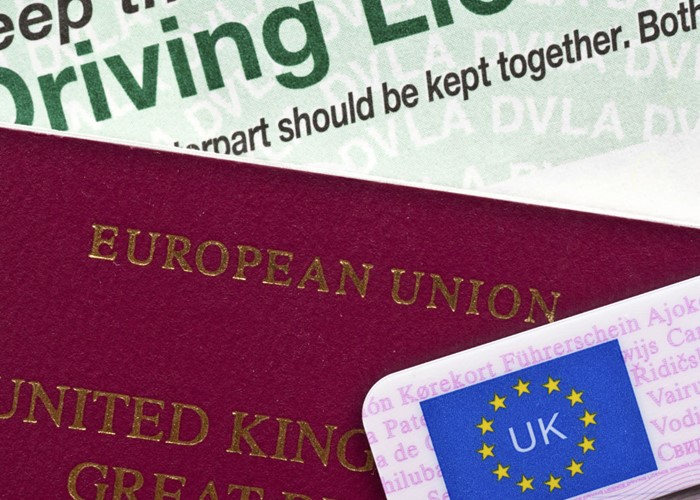UK banking costs to soar under new EU rules

A change in EU rules could mean the price we pay for banking at home and abroad is about to rise.
The cost of using credit and debit cards abroad could be set to shoot up because of new European Commission plans to be outlined later this month.
Changes to overseas card fees will mean banks lose £2.4 billion. And it's likely that they will recoup this by charging customers more.
Overseas fees
On 17th July a decision will be made on whether ‘interchange fees’, which are paid by retailers to banks every time they process a card payment from a tourist, will be cut or scrapped.
This would leave foreign retailers with more money, but UK banks at a loss. And according to a new report from MasterCard that cash will be recouped through higher customer charges.
In other countries where similar changes were made, such as Australia and Spain, customers lost out as retailers did not pass on the money they started receiving.
In the UK we could start paying fees as high as £11 for debit cards and £25 for credit cards, according to the report which was created by the consultancy company European Economics and the University of Essex for MasterCard.
Richard Koch, head of policy for the UK Cards Association, said: “The British are used to, and like, free banking. The Commission’s model would impact on the card issuers’ ability to continue that.”
Packaged accounts
Packaged accounts, which charge a yearly sum for a series of extras such as lower foreign exchange fees, are one of the main areas banks will likely look to create money.
Around one in five adults in the UK currently has one. These accounts have hit the headlines frequently in the past year because of claims they have been mis-sold. However, they can be useful if you’re using all of the extras included within the account.
The Nationwide Building Society FlexPlus account, for example, includes worldwide family travel insurance, phone cover, breakdown cover and commission-free cash withdrawals abroad along with access to 3% interest on balances up to £3,500 all for £10 a month.
Credit card fees
Another area where we are likely to start paying more is credit card fees. Most providers already charge us for using a card abroad and some require customers to pay an annual fees.
Therefore it’s important to research the market to find a card which you can use abroad without being hit with huge charges.
The Post Office Platinum MasterCard is a good option as it has no fees on purchases overseas and no cash advance fees on Post Office travel money. M&S Bank has a similar offer which also pays you in M&S points when you shop with it.
You can find out more in our article The best credit cards to use on your travels.
Check out our MoneyTrack budgeting tool. You never need overspend again!
More from Lovemoney:
The worst summer holiday rip-offs
Gov’t department fined for £217 million unauthorised overdraft
Five reasons energy bills will go up imminently
Why everyone is switching their current account to Nationwide
Why some current accounts are better than savings accounts
The best reward credit cards
Comments
Be the first to comment
Do you want to comment on this article? You need to be signed in for this feature